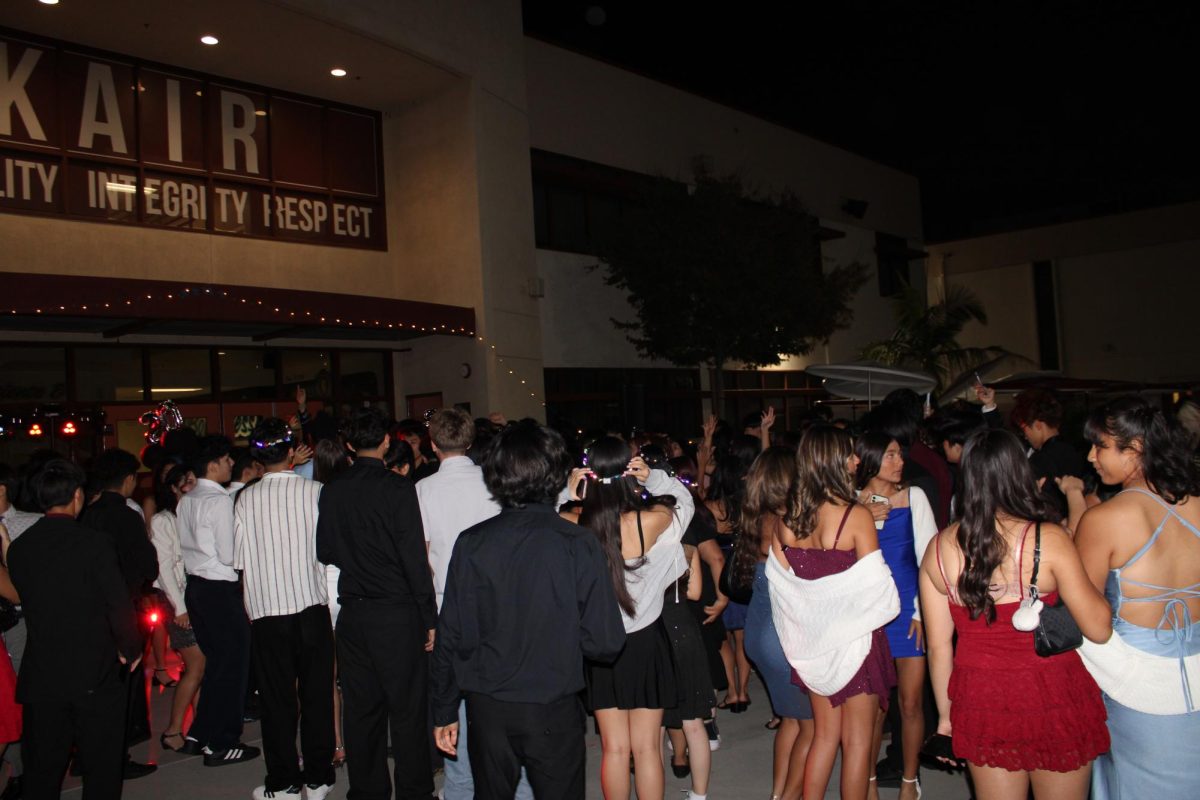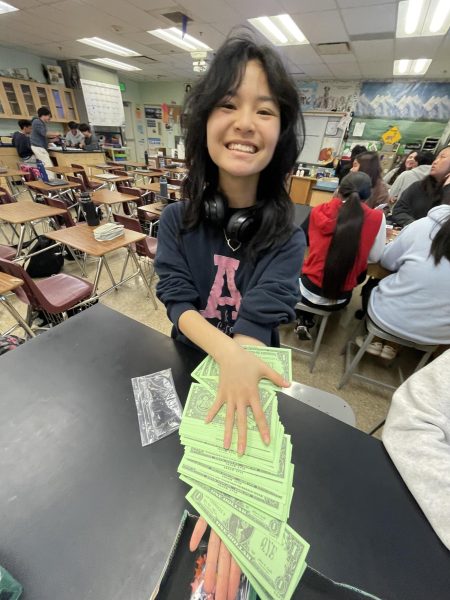Adolescence can be awkward and emotional– more often than not, people want to forget about it. Sean Wang’s “Didi” however, fully embraces the tumultuous relationship between teens and the world around them. The coming of age drama follows 13-year-old Taiwanese boy Chris Wang, affectionately known as Wang-Wang by friends and family. He navigates his last summer before highschool and learns new things about himself as the movie progresses. Didi is Wang’s feature-length directorial debut. The Taiwanese-American writes what he knows and draws deeply personal experiences of growing up in California into his stories.
The title “Didi” comes from the nickname Wang-Wang’s mother gives him. In Chinese slang, “Didi” is an affectionate name for a little brother, showing how Wang-Wang battles between growing up and being infantilized. Didi doesn’t shy away from the more awkward parts of growing up. The realistic stories blend humor with heart, making for an unforgettable film. The color grading, editing style, and humor make it nostalgic even for people who didn’t grow up in the late 2010’s.
Izaac Wang who plays Wang-Wang is a strong lead actor and plays the role of an emotional adolescent exceptionally and Joan Chen who plays his mother was arguably the most powerful actress in the movie.
As time progresses, there is more visibility for Asian representation in the media. In an age where creativity is given more space to thrive, stories from all sorts of perspectives are able to be told. “I think [movies] like Shang-Chi were kinda cool. They have a lot more Asian actors now and show a lot more diversity which I appreciate,” says sophomore Mia Hamaguchi. More people are allowed to view movies that properly represent them. When asked if he would watch it and why, senior Matthew Mandigma said, “It sounds interesting and kinda relatable because it sounds similar to what I could’ve been going through when I was a freshman.”
Unfortunately, “Didi” hasn’t broken out of its indie scene yet. However, it already has a devoted following of fans waiting to see more of Wang’s work. With time hopefully, it gains a more mainstream audience and inspires others to tell their own stories.






















